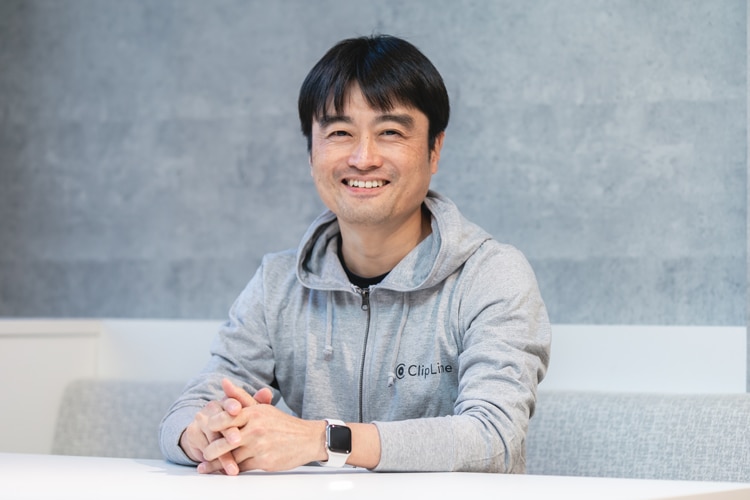CEO MESSAGE
CEO Message

My long experience in management reform in the service industry led me to start my own company.
CEO Hayato Takahashi
Management challenges in the service industry
The share of the service sector in the industry is increasing year by year, and in Japan it is one of the highest in the world at approximately 70%, and the global economy will become more and more service-oriented in the future.
Services are characterized by "intangibility," "disappearance," "simultaneity," and "variability." Unlike manufacturing, which produces "goods," services cannot be inspected prior to shipment, Therefore, managing services is a difficult problem to begin with.
Our target service industries include food service, medical/nursing care, retail/wholesale, and financial institutions, all of which require a great deal of skill acquisition. The number of employees to be trained is large, and stores are scattered throughout the country. Furthermore, the majority of employees are non-regulars, making management even more difficult.
Services are characterized by "intangibility," "disappearance," "simultaneity," and "variability." Unlike manufacturing, which produces "goods," services cannot be inspected prior to shipment, Therefore, managing services is a difficult problem to begin with.
Our target service industries include food service, medical/nursing care, retail/wholesale, and financial institutions, all of which require a great deal of skill acquisition. The number of employees to be trained is large, and stores are scattered throughout the country. Furthermore, the majority of employees are non-regulars, making management even more difficult.
ClipLine was born from experience at a major restaurant chain.
I worked for a consulting firm for 14 years, executing management reforms as a top management black hat, and my experience at a major restaurant chain was the original experience that led to the founding of ClipLine.
At that time, how could we move 300 restaurants and 40,000 employees nationwide from the Osaka headquarters? We had to consider it day in and day out with the employees, and we did it in a muddled way.
At that time, how could we move 300 restaurants and 40,000 employees nationwide from the Osaka headquarters? We had to consider it day in and day out with the employees, and we did it in a muddled way.
Service Management = "Facilitating employees' acquisition of service delivery skills."
What does service management manage? I believe that when you get right down to it, the question is about facilitating the acquisition of service delivery skills by employees working in the field.
Now, with the evolution of technology, the way we manage services is about to change dramatically.
The concept of the "Autonomous Learning System Using Video and Audio Clips," for which we received a patent in May 2017.
The system is now able to create a cycle in which the tacit knowledge at the frontline is formalized and shared in the form of "clips" of tens of seconds to generate further know-how.
Now, with the evolution of technology, the way we manage services is about to change dramatically.
The concept of the "Autonomous Learning System Using Video and Audio Clips," for which we received a patent in May 2017.
The system is now able to create a cycle in which the tacit knowledge at the frontline is formalized and shared in the form of "clips" of tens of seconds to generate further know-how.
Contribute to productivity improvement and work style reform in the service industry
This is a reversal of the idea that instead of micromanaging frontline employees as robots, we should draw out the ingenuity of employees, motivate them by treating each one of them as a creator, and take advantage of the new "live services" generated on the customer frontlines.
Furthermore, by utilizing ClipLine, it is possible to overwhelmingly reduce the difficulty of exporting services globally, which has been said to be difficult, let alone managing domestic outlets. Improving productivity and reforming work styles in the service industry, which has been the focus of much attention in recent years, is a theme right in the middle of our business.
We will continue to strive to solve these issues with the support of our many clients, investors, executives, and employees.
Furthermore, by utilizing ClipLine, it is possible to overwhelmingly reduce the difficulty of exporting services globally, which has been said to be difficult, let alone managing domestic outlets. Improving productivity and reforming work styles in the service industry, which has been the focus of much attention in recent years, is a theme right in the middle of our business.
We will continue to strive to solve these issues with the support of our many clients, investors, executives, and employees.

